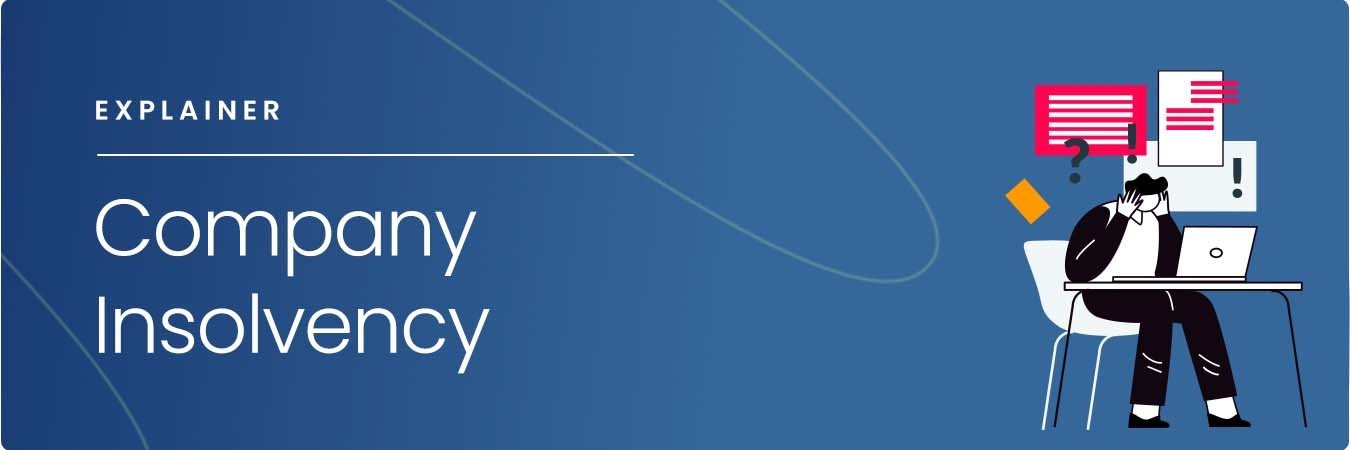Navigating Staff Payments: If a Company Goes Into Administration, Do Administration Staff Still Receive Their Wages?
Navigating Staff Payments: If a Company Goes Into Administration, Do Administration Staff Still Receive Their Wages?
Blog Article
Business Insolvency Company
7 Preswich Avenue, Leigh, WN7 1RZ
0333 567 1686
The Effect of Company Liquidation on Worker Civil Liberties, Compensation, and Work Stability
In the realm of business characteristics, the dissolution of a firm due to liquidation can cast a darkness of unpredictability over the destiny of its employees. Recognizing the complexities of exactly how business liquidation affects employees is vital for browsing the intricacies that emerge in such scenarios.
Legal Defenses for Employees
Lawful Defenses for Staff members ensure that workers' civil liberties are safeguarded and maintained in case of firm liquidation. These protections work as a critical safety web for workers encountering uncertainties because of their employer's monetary problems. One essential defense is the Worker Change and Retraining Alert (WARN) Act, which requires companies with over 100 staff members to give advancement notice of at the very least 60 days before a plant closing or mass discharge.
In Addition, the Fair Labor Standards Act (FLSA) mandates that employees should get their final income quickly upon termination, including any accumulated getaway time or benefits. This regulations intends to avoid companies from holding back settlement owed to workers during the liquidation procedure. In addition, the Staff Member Retired Life Revenue Safety And Security Act (ERISA) safeguards staff members' retired life funds by establishing requirements for private pension plans and making certain that these funds are protected, even in the event of a business's bankruptcy.
Effect On Settlement Bundles
Amid company liquidation, the restructuring of settlement bundles often leads to substantial modifications for staff members. When a firm enters into liquidation, employees are encountered with the prospective loss or reduction of numerous elements of their payment plans, such as bonus offers, profit-sharing, and supply alternatives. Oftentimes, impressive payments for overtime, unused vacation days, or various other benefits may additionally go to danger due to the economic restrictions faced by the business throughout the liquidation process.
Moreover, the discontinuation of employment agreement throughout liquidation can lead to disagreements over severance pay and other forms of payment that staff members are entitled to under their contracts or regional labor legislations. Employees may locate themselves in a precarious situation where they need to bargain with liquidators or trustees to protect reasonable settlement for their years of service to the company.
Task Protection Problems
During firm liquidation, employees often face increased task safety and security concerns as the future of their positions ends up being uncertain. The prospect of losing their jobs as a result of the closure of the business can develop considerable anxiousness among workers. Work safety concerns throughout liquidation are intensified by the lack of quality pertaining to the timeline of the procedure, possible redundancies, and the general stability of business.
Workers might bother with their economic security, profession leads, and the availability of comparable job possibilities on the market. Uncertainty surrounding the liquidation process can result in lowered morale, performance, and job fulfillment amongst employees. Additionally, the fear of work loss can influence workers' mental wellness and well-being.
Employers are urged to interact freely and transparently with staff members throughout the liquidation procedure to resolve work safety and security concerns. Providing normal updates, supplying assistance solutions, and discovering alternative job alternatives can aid alleviate several of the stress and anxieties staff members may experience during company liquidation. By focusing on employee wellness and preserving clear communication, employers can alleviate the negative effect of work security problems during this tough period.
Staff Member Insurance Claims and entitlements

Workers are usually qualified to get unpaid incomes for a given duration before the liquidation, which might vary by nation. Furthermore, redundancy payments are commonly available to staff members who are made repetitive as a result of the liquidation procedure. These payments purpose to offer economic support to staff members during the transition duration to new work. It's vital for employees other to comprehend their legal rights and entitlements in such scenarios and to seek guidance from appropriate authorities or legal specialists to guarantee they receive the payment they are qualified to.
Strategies for Browsing Uncertainty
In times of business liquidation, employees can utilize strategic strategies to navigate through unpredictability and guard their privileges and rights efficiently. Keeping abreast of the liquidation process, comprehending their legal rights under labor regulations, and seeking lawful suggestions if required can encourage staff members to make educated decisions.
A tactical move for staff members is to prioritize their financial protection. This can entail checking out options such as obtaining unsettled earnings through federal government plans, understanding the hierarchy of creditors to examine the possibility of receiving superior repayments, and developing a personal spending plan to handle finances throughout the transition period. In addition, updating resumes, boosting skills through training programs, and proactively seeking choice employment can help staff members protect their future beyond the sold off business.

Conclusion
In verdict, firm liquidation can have substantial implications on staff member legal rights, payment, and task stability. It is essential for staff members to understand their lawful defenses, entitlements, and potential insurance claims in such situations. Browsing uncertainty during company liquidation needs cautious consideration of approaches to safeguard one's civil liberties and interests. Employee issues concerning job safety and compensation plans must be addressed within the legal structure to make certain reasonable therapy and proper payment.

When a business goes right into liquidation, staff members are faced with the prospective loss or decrease of different elements of their settlement plans, such as bonuses, profit-sharing, and stock choices.Throughout business liquidation, employees commonly face heightened job safety and security concerns as the future of their settings comes to be unclear. Providing normal updates, using support solutions, and discovering alternate work choices can help relieve some of the anxiousness staff members might experience during business liquidation.In conclusion, company liquidation can have her latest blog substantial ramifications on employee civil liberties, payment, and task stability.
Report this page